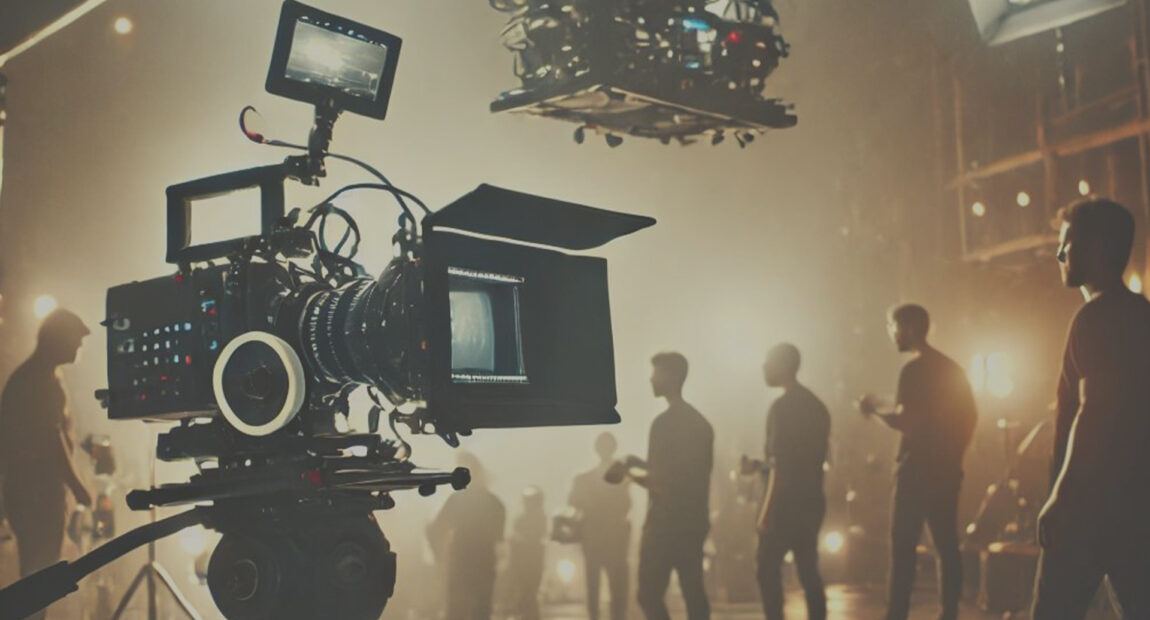
Course Description: Cinematography
Cinematography is the art and science of motion-picture photography—where storytelling meets technology. This course provides students with the essential knowledge, technical skills, and creative vision required to capture compelling images for film, television, advertising, documentaries, music videos, and digital media.
Students will gain hands-on training with professional cameras, lenses, lighting equipment, and rigs, while also exploring the aesthetics of framing, movement, and visual composition. The course covers both traditional and modern digital cinematography techniques, emphasizing how technical mastery enhances storytelling.
In addition, participants will learn to collaborate effectively with directors, gaffers, and production teams, understanding the language of cinema from pre-production planning through post-production workflows. Practical assignments, film shoots, and portfolio-building projects ensure that every student leaves with a solid foundation for a career in filmmaking and media production.
Who Should Enroll:
- Aspiring cinematographers and filmmakers.
- Media students seeking professional training in motion picture production.
- Photographers, editors, and content creators transitioning into video/film.
- Anyone passionate about visual storytelling and digital filmmaking.
Course Outline: Cinematography
Module 1: Foundations of Cinematography
- History and evolution of cinematography
- Role of the cinematographer (Director of Photography)
- Understanding film language and visual storytelling
- Genres and styles of cinematography
Module 2: Camera Systems & Image Capture
- Types of cameras (DSLR, Mirrorless, Cinema Cameras, Digital IMAX)
- Lenses: focal length, depth of field, aperture, lens choices for mood
- Camera formats, resolutions, and aspect ratios
- Sensor technology and dynamic range
Module 3: Exposure & Color
- Exposure triangle in motion picture context
- Understanding latitude and dynamic range
- Color science, color temperature, and white balance
- Using LUTs and color charts on set
Module 4: Composition & Framing in Motion
- Rule of thirds and cinematic framing
- Camera angles, perspectives, and blocking
- Visual symbolism in framing
- Mise-en-scène and shot continuity
Module 5: Lighting for Cinematography
- Natural light vs. artificial light
- Three-point and advanced lighting setups
- Motivated lighting and mood creation
- Working with HMIs, LEDs, softboxes, and gels
- Shadows, contrast, and lighting ratios
Module 6: Camera Movement & Support Systems
- Tripods, dollies, sliders, jibs, cranes
- Steadicam, gimbals, and handheld shooting
- Drone cinematography basics
- Visual impact of movement (tracking, panning, tilting, zooming)
Module 7: Sound & Cinematography Integration
- Role of sync sound in film
- Visual considerations when working with sound
- Basics of on-set audio for cinematographers
Module 8: Cinematic Styles & Genres
- Documentary vs. narrative cinematography
- Commercial, music video, and short film cinematography
- Aesthetics of film noir, realism, experimental film, and modern cinema
Module 9: Post-Production for Cinematographers
- DIT workflow (Data management, backup, proxies)
- Introduction to editing (Premiere Pro, DaVinci Resolve, Avid)
- Color correction and grading principles
- Collaboration with editors and colorists
Module 10: Professional Practice & Career Development
- Working with directors and production crews
- On-set etiquette and chain of command
- Cinematography budgeting and gear rental
- Building a cinematography reel and portfolio
- Industry opportunities and career pathways
Capstone Project
- Students work in groups to plan, shoot, and deliver a short film or documentary.
- Emphasis on applying cinematography principles to real-world production.
- Final screening and peer critique session.
